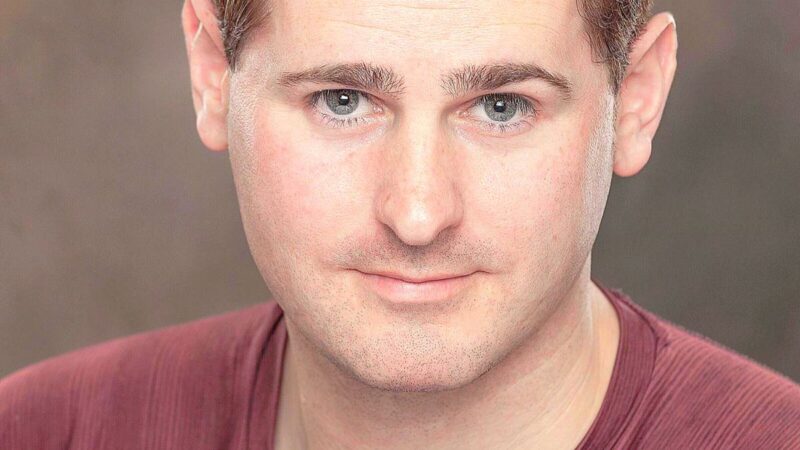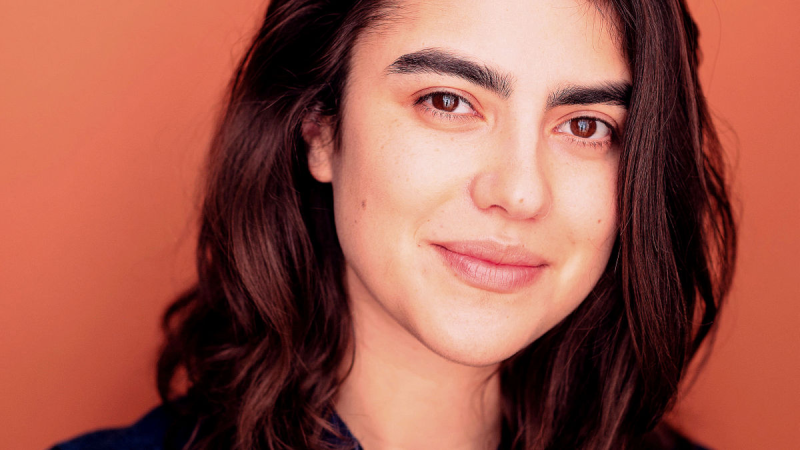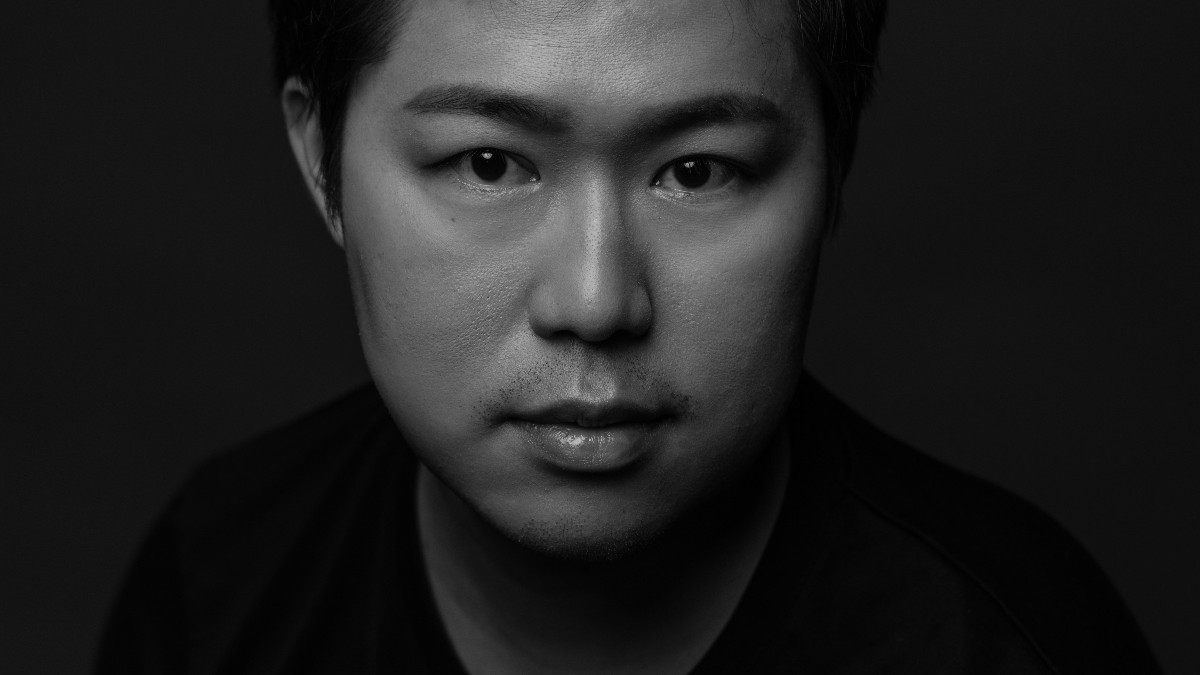
An Industry Case Study
Narrative | Dramatic Features
Film Name: 7045 Steps
Genre: Drama
Length of film: 26 minutes
Date: May 2019 (production date)
Director: Shukai Wang
Producer: Shukai Wang and Tianpu Zhang
Executive & Creative Producer: Shukai Wang
Writer: Shukai Wang
Cinematographer: Jason Lee
Editor: Zale Zheng
Composer: Lu Yin
Production Company: N/A (Shukai Wang’s Personal Project)
Budget: $40,000
Financing: Self-funding, Crowdfunding (IndieGoGo)
Shooting Format: Digital
Screening Format: Digital (switching between 4:3 and 16:9 in the same movie per artistic needs)
World Premiere: 2021 Art is Alive Film Festival
Awards: 2020 World-fest Houston International Film Festival Bronze Remi Award-Best Adapted Drama Shorts
Website: https://www.imdb.com/title/tt10957968/
The Official Trailer for 7045 Steps
Watch The Trailer for 7045 Steps directed by Shukai Wang
A Short Biography of Shukai Wang
Shukai Wang is a writer, director, producer, and actor. Shukai Wang has directed and produced “4” (short) films. They are Wait, Lorenzo! (short), 7045 Steps (short), Banker by the Lake (Short) Rainbow Garden (Short) (producer). Shukai has also written scripts for all 3 of them. Shukai Wang is a Houston International Film Festival Award-winning director. Besides his independent filmmaking passion and pursuit, Shukai works full-time at the global Investment bank, Credit Suisse Securities. Shukai combines his filmmaking experience and his banking background as a unique producer in NYC. This way, Shukai helps many emerging directors’ films in NYC.
The Shukai Wang Interview
indieactivity: What is your film about?
Shukai Wang (SW): 7045 Steps is adapted from Kevin Wilson’s short story, Blowing up on the Spot. For the benefit of our readers, Mr. Wilson is a rather well-selling author. He has some of his work making the way into big-budget Hollywood productions featuring names you recognize, like Nicole Kidman. The story that we ultimately adapted into my film is about the struggles of a young man and his sister. As well as how they both find ways to get out of their struggles. Often through their own steadfastness, accidental realizations, and the love and support of those nice folks around them.
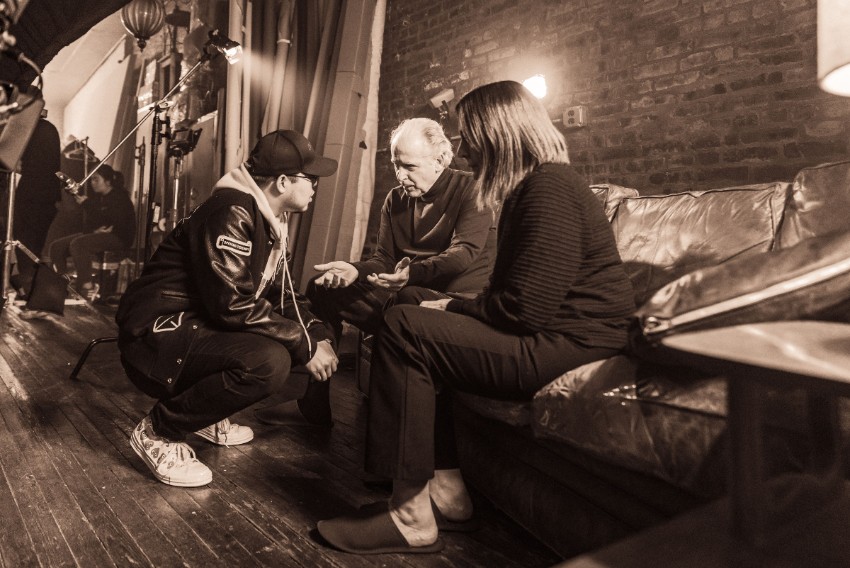
When I first read the story by Mr. Wilson, I was immediately struck by a sentence. The sentence reads, “I count my steps because I have a boring and unhappy life”. It resonated with my life. Like a lost soul struggling in a fish tank while trying to find the solution and meaning of life. The story has strong symbols such as counting the steps and sorting the scrabble tiles. Both are repetitive and meaningless. The protagonist is in search of meaning and orders by counting the steps while he loses the meaning sorting the tiles every day in the factory. Through it, I can see that repetitiveness can deconstruct the meanings and reconstruct the meanings at the same time.
Now the meaning itself is not necessary anymore but the attitude towards the action matters. That’s why I related the final ending of 7045 Steps to Buddhism. There is no ultimate meaning in life but to live the life and feel each little detail of life. So, I decided to adapt this short story into a short film and am glad Mr. Wilson granted me a license to use the copyright.
Tell us about the festival run, marketing, and sales?
Shukai Wang (SW): After production was completed, we quickly started to research, compile, and then submit it to film festivals. That was around the end of 2019, the last good times as we know it. Unluckily, COVID kicked in at that time, and the festival world experienced a tsunami. The results weren’t as good as we expected. Granted that any filmmaker should overestimate his work—some festivals were put on long pauses and others shut down altogether. We had no budget to do paid marketing. So, we did the typical X-generation online self-marketing involving bombarding everyone we know with social media posts, etc. I honestly didn’t expect much out of that process.
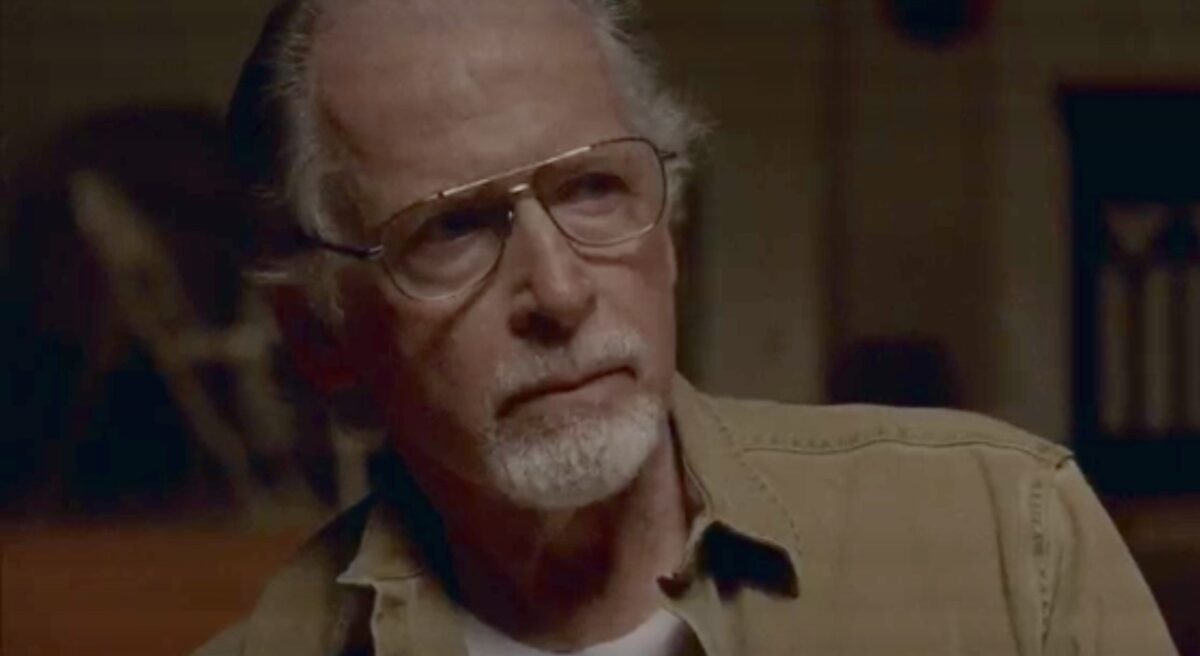
But in the end, we still got something. For example, 7045 Steps was officially selected by a few domestic film festivals and even won an award from World-fest Houston International Film Festival (Bronze Remi Award – Best Adapted Daram Shorts), as well as four nominations from Art is Alive Film Festival (Best Drama Shorts, Best Director, Best Cinematography and Best Male Lead Actor). Just recently, I was contacted by a U.S. indie film distributor based in Ohio, possibly hiring them for distribution and marketing.
To me, this is promising and surprising. I mean, someone likes my work so much that she wants to sell it. How about that? Of course, we haven’t made up our minds yet as to how to go about marketing and sales, we have indeed started to more seriously explore all other options. From the brief exchange with the Ohio distributor, we know they found 7045 Steps in the Film Market of the famous Clermont Film Festival, and so we ow know that participating in the Film Market might also be a good strategy for us. Speaking of lessons learned on the go.
Give the full Official Synopsis for your film?
Shukai Wang (SW): Dramatic adaptation of Blowing up on the Spot by New York Times Best Seller author Kevin Wilson. Vincent is lost in life and trapped in a meaningless and trivial job, a Scrabble tile sorter. He has to at the same time cope with the legacy of the deaths of his parents, a younger sister who constantly tries to kill herself, and his burgeoning affection for his landlord’s daughter Joanne. Through a series of struggles, Vincent is ultimately able to reconcile with his past and learns to cherish the mundane pieces of everyday life.
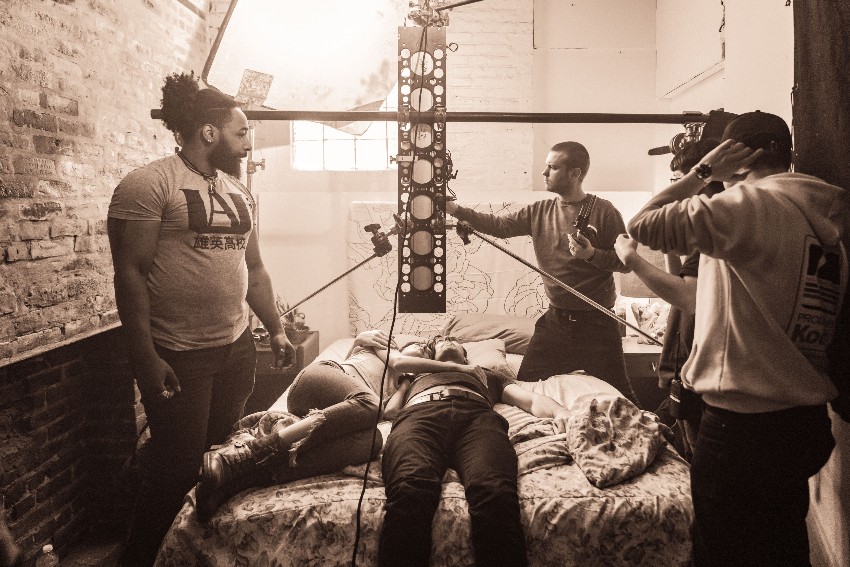
Development & Financing?
Shukai Wang (SW): As I have mentioned above, my screenplay is adapted from Kevin Wilson’s short story, Blowing up on the Spot. However, it took me around 6 months to finish the script. In the beginning, I was stuck because the key plot and a strong symbol in the story, the spontaneous self-combustion of the main character’s parents, was impossible for production with a small budget.
We can’t afford any decent CGIs you know, and we obviously couldn’t burn someone. So, as I have read the whole short story collection of Kevin Wilson, so baffled, I even thought about giving up on 7045 Steps and perhaps adapting some other stories that don’t require playing with fire. Although some of his other stories have the similar tone and style to which I was attracted and I even started to write an adapted screenplay of his story, The Museum of Whatnot, I still felt the story wasn’t the right one that touched my heart as Blowing up on the Spot did.
On the flight to Jackson Hole during the Christmas season in 2018, I suddenly got the hunch and knew exactly what I should do to adapt Blowing up on the Spot. I quickly wrote the script when I was back from Wyoming replacing the self-combustion scenes with a normal suicide scene—forgive the description, I know suicide isn’t normal, but just relatively more so here–and enriching the struggling scenes in the factories by mixing my own experiences with my office job and creating more characters.
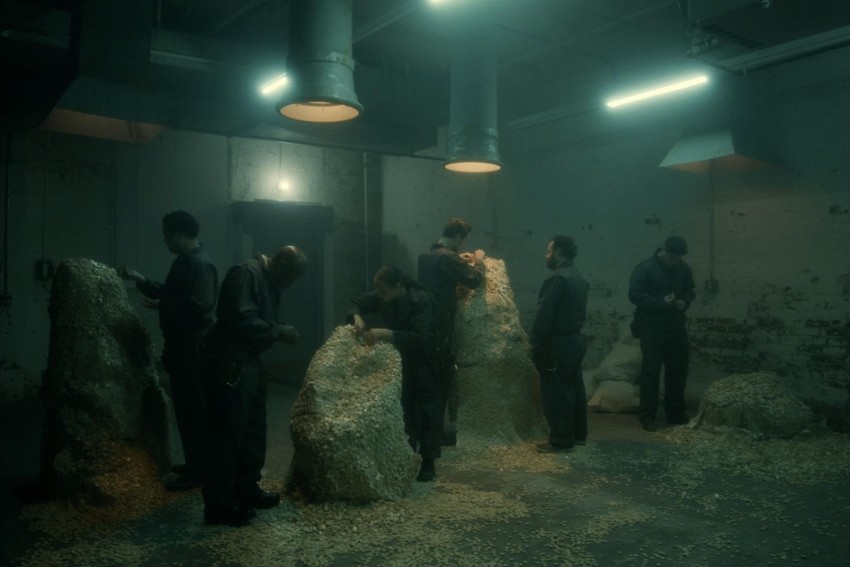
Forget to tell you that my girlfriend at that time and now my wife was Mr. Wilson’s student in college, so I had the contact information. Once the script was completed in March 2019, my other producer pal and I got together and prepared a letter so moving that I almost cried and sent it to Mr. Wilson. Glad it worked. He gave us full permission to make the short film. My producer, Tianpu, then confirmed all the legal details with Mr. Wilson, and then we secured the copyrights to adapt the story.
What was more encouraging to me at the end was that Mr. Wilson, the Hollywood-level storyteller, gave me some highly positive feedback when the final movie was out. He said he “was moved by the short film you sent, such a tightly controlled narrative with really beautiful imagery.”
We self-funded the majority of the production, meaning, using my own savings from years of working the office job. That accounted for about 70% of the budget. The other 30% was covered by our supplementary crowdfunding. We launched the crowdfunding project on IndieGoGo and shared it with friends through social media. Most of the money raised from IndieGoGo was from close friends, family members, and some classmates with whom I haven’t contacted for years.
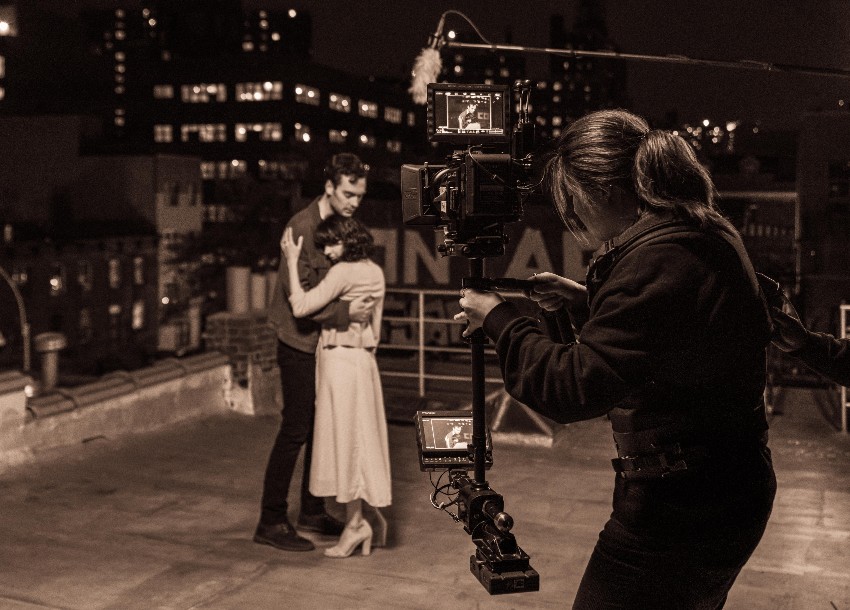
Production?
SW: We kicked off preproduction in March 2019. The first task was to find the key crew including AD, UPB, DP, production designer, sound, costume, and makeup. Some of them were from our existing connections while we recruited some new faces such as DP, Jason, and PD, Emma. In the meantime, I was constantly searching for locations on websites such as PeerSpace and Giggster as well as walking around some neighborhoods in Brooklyn such as Red Hook, Bushwick, and Williamsburg. I decided on the exterior locations by myself for the riverbank scene and the cemetery scene and asked Tianpu to secure the permit for both the Bushwick Inlet Park and The Green-Wood Cemetery locations.
I also accidentally found a café that looked exactly like the one in the story owned by Greta and Joanna in the Bushwick area when I was searching for the factory, and luckily the owner let us shoot there for a reasonable fee. Once we had recruited the crew, I asked Tianpu to prepare crew memos and employment agreements and all that fun stuff with them, and I scheduled a location scout with AD, DP, gaffer, and PD for a few potential indoor locations such as the apartment and the factory I found online. After the location scout, I discussed the aesthetic and practical sides with them and selected the indoor locations.
The next big task was to audition the actors and actresses. I normally use Backstage and Actor Access to select a pool of candidates that can be fitted in a two-day audition. We did the audition in Shelter Studios in April 2019 and found most of the actors and actresses except the main ones, Vincent and Joanna. Lucky enough, my makeup artist recommended two wonderful people for these two roles. My biggest job was to discuss characters and plots with the actors/actresses just picked, and we did a few rounds of rehearsals. I also utilized the rehearsals to let them improvise some scenes and speak as the character does so, I would adjust and polish the dialogue.
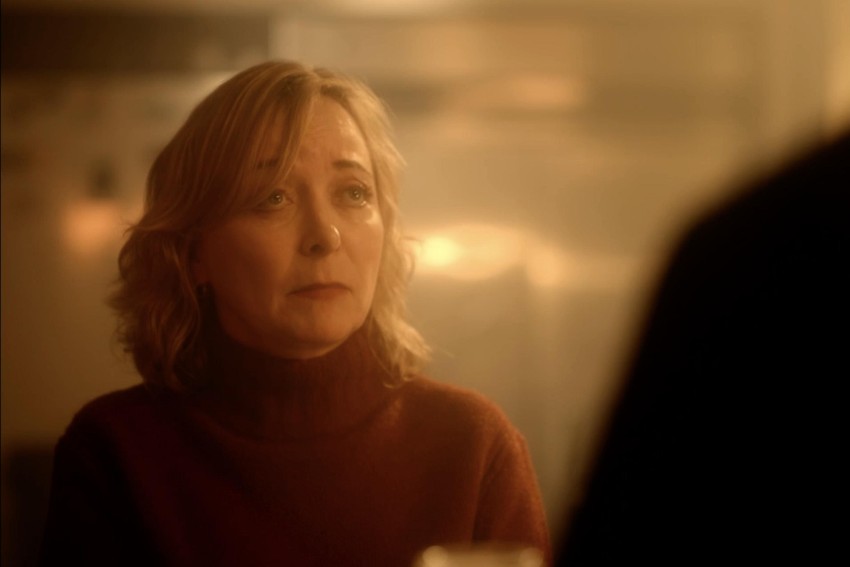
For example, there is a scene where Joanna takes care of Kayla—that’s Vincent’s co-struggling sister–after Kayla has attempted, unsuccessfully, suicide at school. I wanted the ladies to play some game to show their connections and bond that does not exist between Vincent and Kayla. Melissa Lawson who played Joanna came up with the Reverse Forest Gump Game—the idea being to ask one player to guess what flavor chocolate another person gets from, of course, a box. This game not only fits the weird tone of the story but also suits the personality of Joanna, whose hobby is to bake different unique flavors of pastry daily. So, I had Melissa and Gianna, who played Kayla, improvise this game, and I put it in the final film.
Another important part is to design the visual elements for the film including cinematography, lighting, art, and costume. I discussed details with each department head almost daily for these parts. The biggest challenge for this film is the set design for the scrabble tile factory. We didn’t plan to use any CGI or the construction team, so the design is to use cheap materials and practical handcraft skills focusing on the surreal concept. Emma, our production designer, and I did extensive research on surreal paintings, sculptures, and buildings. Eventually, we used some boards and fabrics to create five pipes attached to the ceiling of the factory and five scrabble tile mountains with chicken wires and 50,000 scrabble tiles. After all, these were decided, I created the shot list and did the scheduling with AD, Liz.
We eventually did a 3-day shooting in Brooklyn. On the first day, we did the cemetery, the riverbank, and the café scenes. We shot a whole day for the apartment scenes including a beautiful night dancing scene on the rooftop. On the last day, we did the whole factory scenes as well as some exterior scenes in the Bushwick factory area nearby.
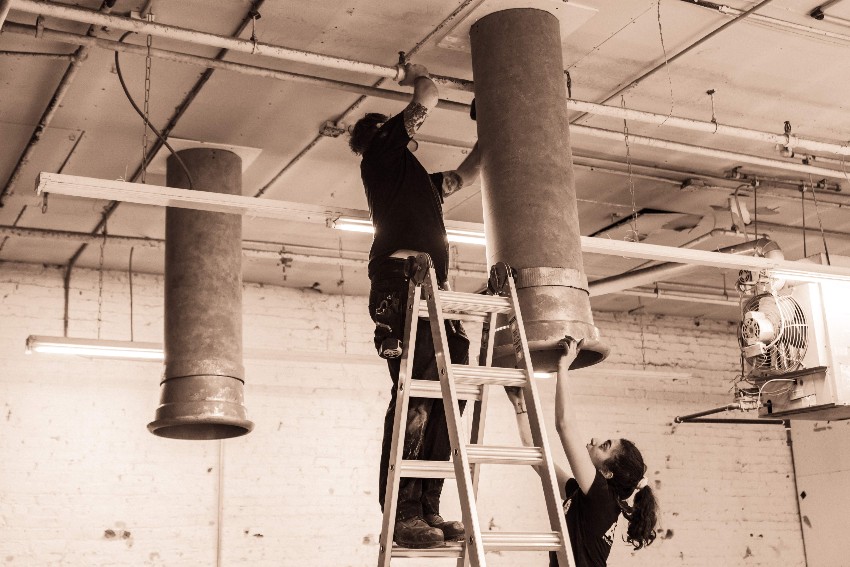
Festival Preparation & Strategy?
SW: I have created a festival list with my producer and did two rounds of submissions. In order to avoid Premier status conflicts between festivals, we shot for the top-tier domestic and international festivals in the first round such as Sundance, San Sebastian, Rotterdam, etc. Typically, we’d start the first round in autumn of the year when we completed the final film and would work on the second round of submissions in the summer of the following year to focus more on the domestic Oscar-qualified local festival.
The Release?
SW: Currently we haven’t decided on the release strategy yet and have only been contacted by one distributor. We might consider some other options as well even including posting it online to gain more audience.
Advice from the Filmmaker?
SW: Don’t be afraid to adapt a story from a famous writer. They are more often than not extremely friendly and might even offer you a free adaption license if you show the passion and send them the screenplay (and if they like it, of course). If your budget is tight–and yes this is always the case—then the last thing to do is to shrink the shooting days.
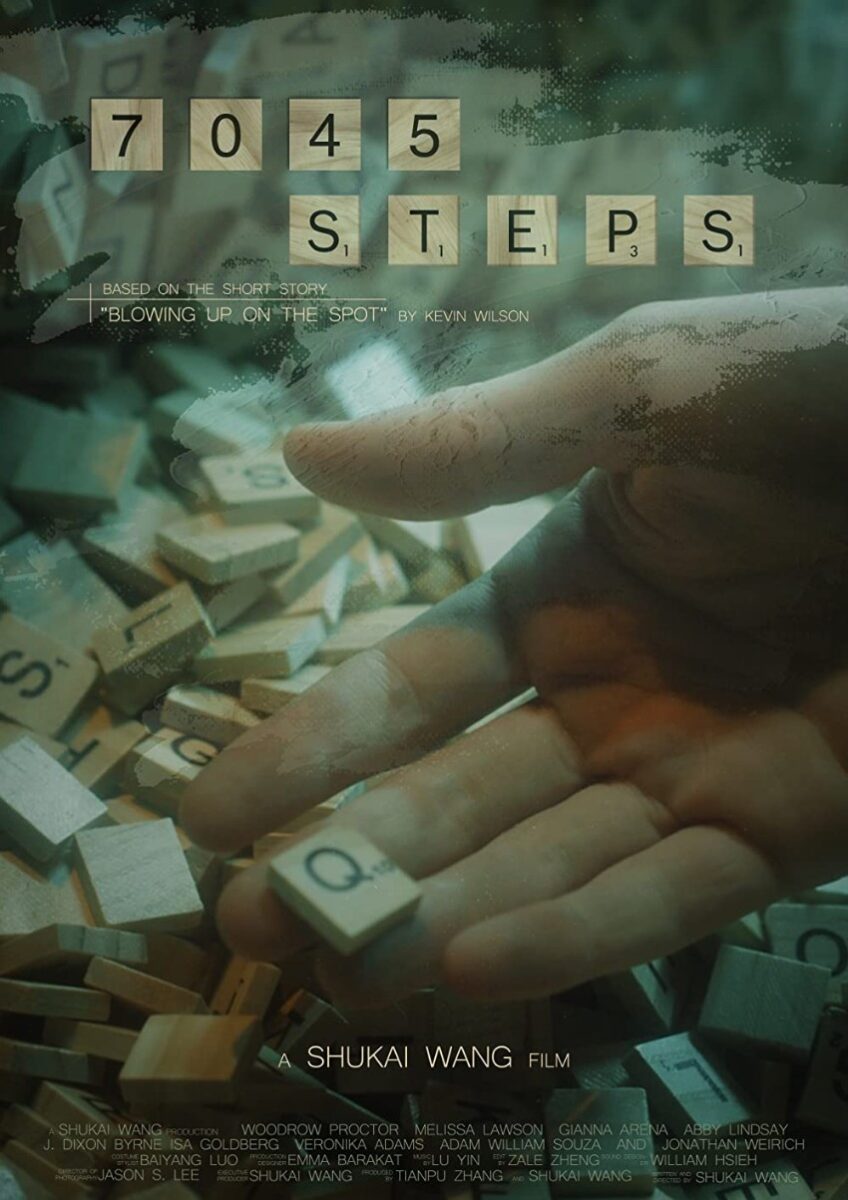
My experience shows it is always better to save an extra day for shooting. Don’t be too confident in your pace of shooting. Don’t assume you will meet the schedule you’ve set. Even though I am a fast shooter, I still had to cut shots since there will always be some accidents out of your control. Maybe you should try to cut some budget for cinematography and lighting equipment or make the locations as close to each other as possible.
Crowdfunding is not a free lunch. And we learned it the hard way. I got some funding from it but most of them were from close friends and family members, in other words, people you already know and care about you, to begin with. Maybe they will give you some money for the first time but not any more than that if this first one doesn’t become a big global hit.
So, save crowdfunding for the one you are most confident in and most care about. You don’t need to spend lots of money to hire the most professional crew and cast for a low-budget Indie film. If you as a director/producer know what to do, you can always get talents from non-film industries. Sometimes it’s even better to do it that way, as you will have a diverse team, with whom you will gain experience be more creative together, have fun and at the same time save on budget.
A few examples in point my producer Tianpu is a business lawyer; my PD Emma is a theatre set designer graduate; my costume Baiyang is a fashion designer at Alexnder Wang. It is not the money but the passion that brings us together to make a moving piece of art that we call “film”.
Tell us what you think of the Case Study for the film name What do you think of it? Let’s have your comments below and/or on Facebook. Or join me on Twitter.
Follow Shukai Wang on Social Media
IMDb
Facebook
Twitter
Instagram
Pinterest
MORE STORIES FOR YOU

